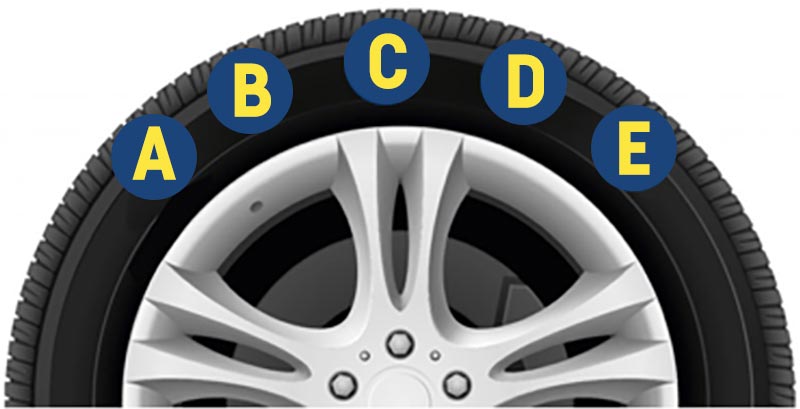
Road trip tips for the Easter holidays
NewsWith Easter fast approaching, many of us are eagerly anticipating the opportunity to get out and enjoy the spring weather. With several bank holidays coming up and schools closed for two weeks, it is the perfect time for a road trip or staycation. However, with so many people having the same idea, it is essential to start preparing for your trip now to avoid any last-minute stress or disappointment.
By planning, you can ensure that your Easter break is as enjoyable and stress-free as possible. To help you out, we have outlined a few steps you should take before venturing out on your road trip.
Step 1: Plan your trip
It’s a crucial step for every road trip, but one that is often overlooked. Before embarking on your journey, take some time to map out the route(s) to your destination and be aware of any potential hazards or roadworks. It is important to note that even on the day of your travels, the conditions may have changed significantly due to traffic or heavy rain, so be sure to check for anything that could slow you down.
Also, be aware that over the Easter period, the roads are likely to be very busy at peak times. If possible, try to avoid traveling at busy times or leave the house earlier to ensure you reach your destination in good time.
If your car has an older sat nav system or you own a physical device that can’t update on its own, make sure to check for any map changes. This will help to avoid getting lost on new routes or ending up on unfamiliar roads. If all else fails, physical paper maps can still be very useful if your sat nav is struggling.

Step 2: Prepare your car
- Checking the fluids, brakes, and tyres – A great habit to have any time of the year, but much more important when planning a long trip away.
- Fluids – Ensure that all the fluids in your car are topped up, your oil, brake fluid and water, as you don’t want to have to detour off your route if a warning light appears mid-drive.
- Brakes – When your car is static, place pressure on your brake pedal, if your brakes feel soft, or you hear any unexpected noise, this could be a sign to check your brakes before heading out on your journey.
- Tyres – One of the most important safety features of your car, and the main contact point between you and the road. Initially give your tyres a quick visual inspection, and ensure that they are inflated as per your vehicle’s guidelines. Inspect the tyres further for any signs of uneven wear, cracks or bulges, which can be found anywhere around the tyres. Lastly, ensure that all tyres have over the legal minimum of 1.5mm of tread remaining. If your tyres aren’t up to scratch, use our dealer locator to reach out to an expert, who can help get your car into top shape ready for your trip.
- Packing emergency supplies – Always pack for the worst-case scenario, a stocked-up first aid kit including bandages, plasters as well as equipment for your car such as puncture repair kits.

Step 3: Remain safe and awake
Fatigue is responsible for about 20% of road accidents that occur in the UK every year. Therefore, whether you’re travelling early in the morning or late at night, long stretches of road can make you feel a little drowsy. To ensure your safety, take regular breaks as needed, and if possible, share the driving responsibility with another person.

These tips will help you to stay safe and prepared for the Easter holidays, but if you are looking for more support, reach out using our contact form, or if you’re curious about Landsails growing range of products check out our product page



